BEIJING, November 10 (TMTPOST)—China’s tech giant Tencent had the slowest revenue growth since it went public in 2014 and an unusual decrease in profit for a quarter when it strengthened the online gaming control for minors and stepped up investments in the social welfare following Beijing’s sweeping regulation on the tech sector.
Source: Visual China
In the third quarter of 2021, Tencent had the revenue of RMB142.4 billion (US$22.0 billion) with the year-over-year (YoY) increase of 13%, missing the analysts’ estimate of RMB145.41 billion, while its profit attributable to equity holders of the company on a non-IFRS basis, namely, adjusted by excluding share-based compensation, M&A related impact, income tax effects and others, decreased 1.7% from a year earlier to a weaker-than-expected RMB31.75 billion (US$4.9 billion), the YoY decline in quarterly adjusted profit for the first time in the past ten years.
The profit decline in the short run reflects our increasing investments in public welfare and the cutting-edge technologies, our engagement in boost of economies with technologies, and our exploring new ways to develop ourselves as we proactively embrace the new regulatory environment and react to the greatest concerns of our age, Tencent explained at the earnings call.
Back in August, Tencent announced an investment of RMB50 billion (about US$7.7 billion) in a new initiative called “Special Program for Common Wealth”, doubling the input in public welfare undertakings in four months.
In the recent quarterly financial results, the company showed preliminary achievements in protect children from gaming addiction: players under the age of 18 just accounted for 0.7% of its domestic games time spent in September, significantly declining from 6.4% a year ago, and games grossing from such minors in domestic market accounted for 1.1% in September, compared with 4.8% for the same month last year. Both the grossing and the game time for minors hit record low for the company, which is world’s largest game publisher and backing developers of many blockbusters such as League of Legends.
In early August, the company announced stricter policies including restricting minors’ playtime to one hour per day during weekdays and two hours per day on weekends, after the state media the Economic Information Daily underlined experts’ call on more regulation and described Tencent’s game Honor of Kings as “spiritual opium”. In response to China’s new regulations launched about a month later, Tencent and other Chinese online gaming firms started imposing time limits for minors who play video game from the beginning of September. Young gamers under age 18 can only play games one hour in the evening on Fridays, weekends and public holidays.



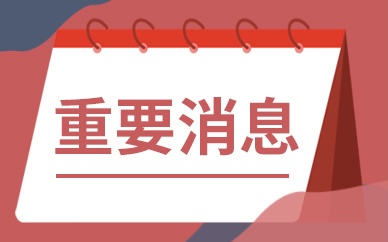

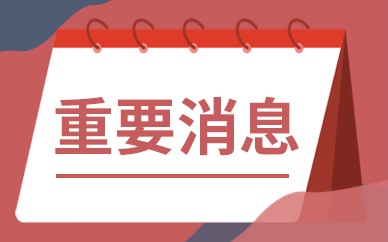




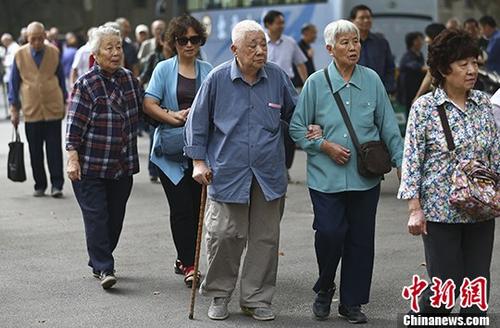

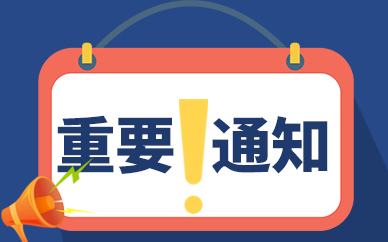
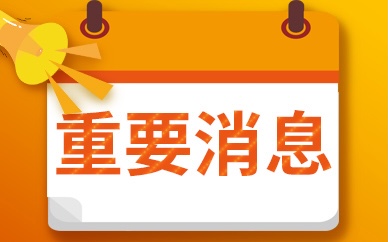



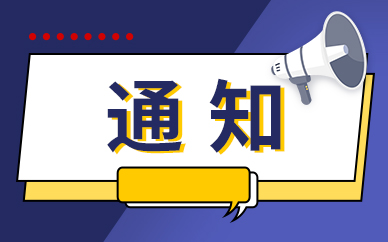



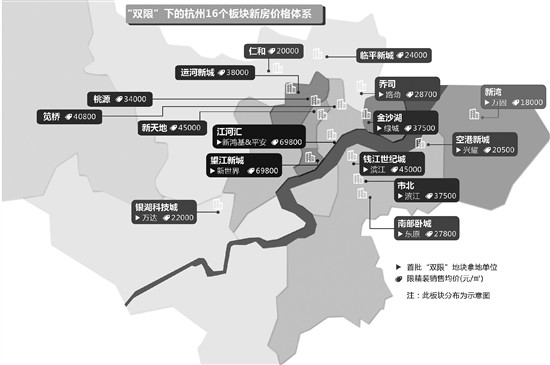

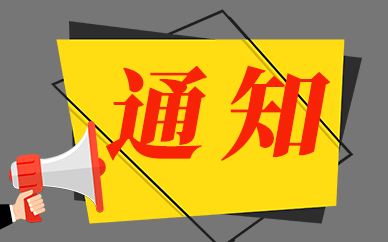

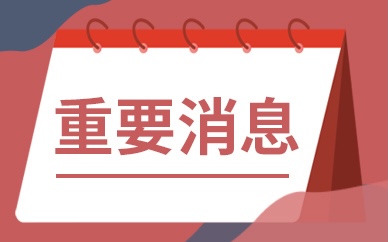

















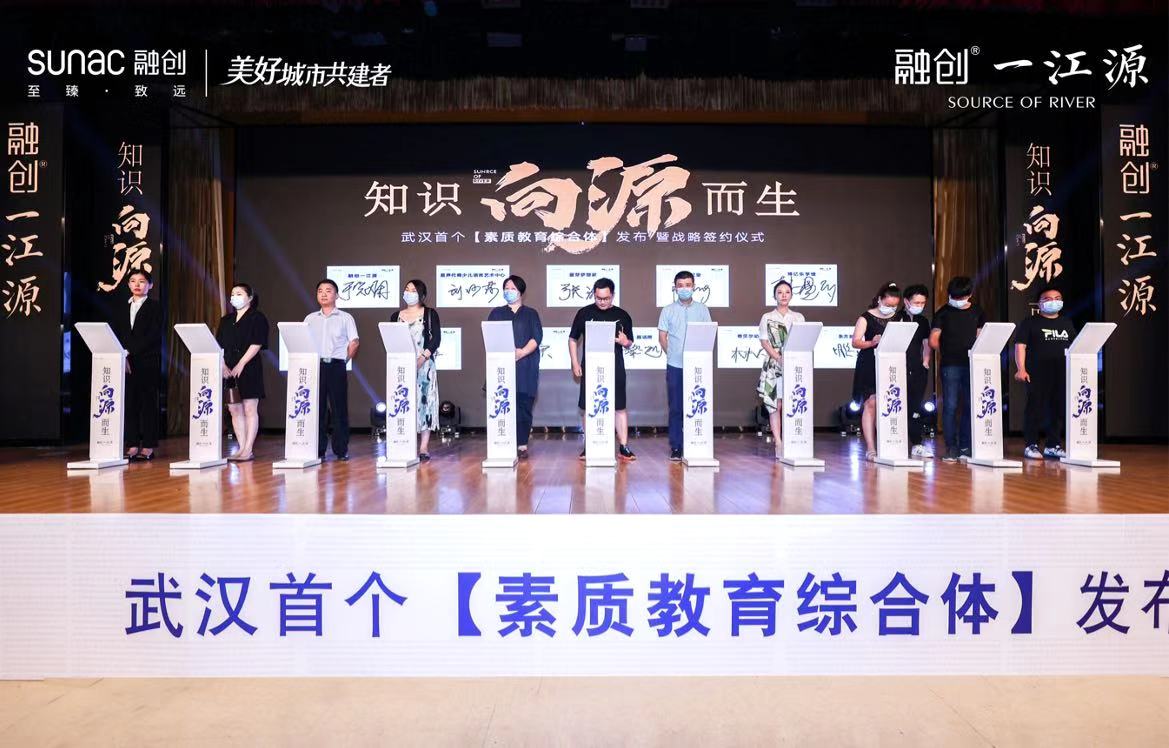
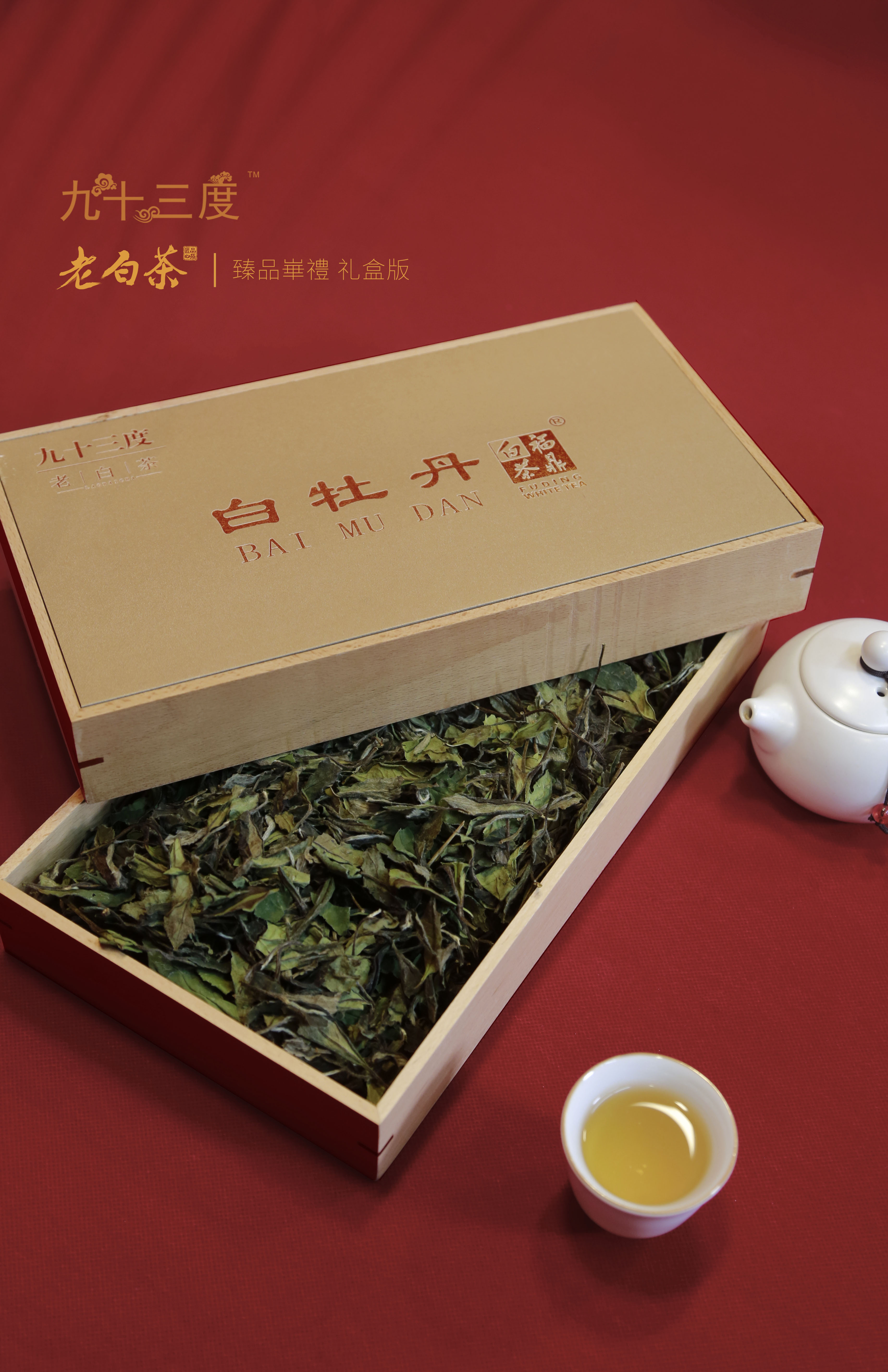
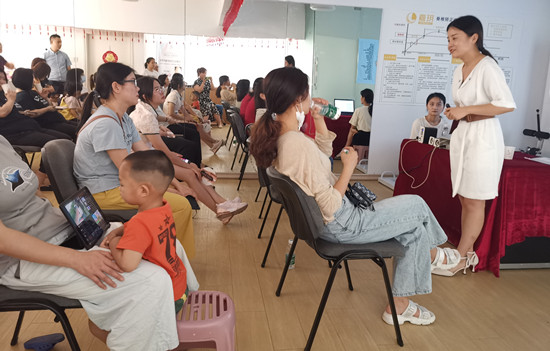

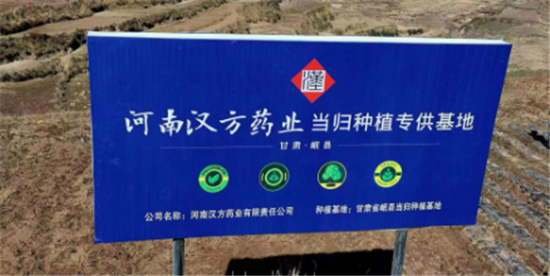
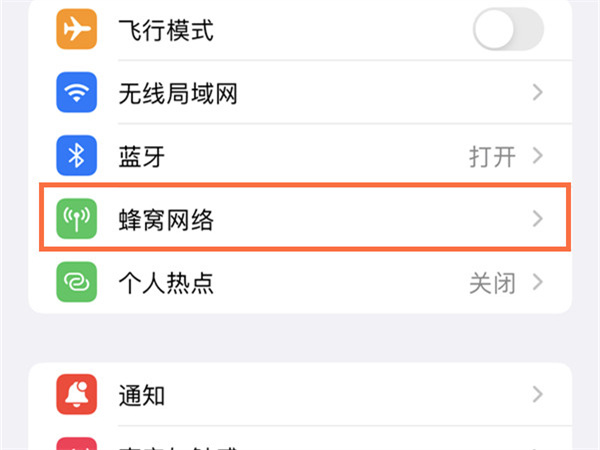
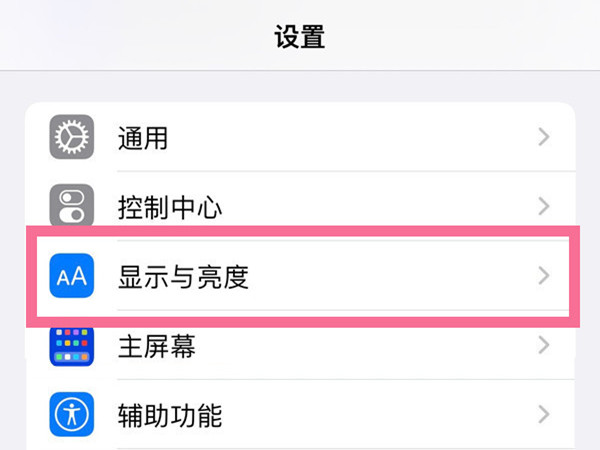
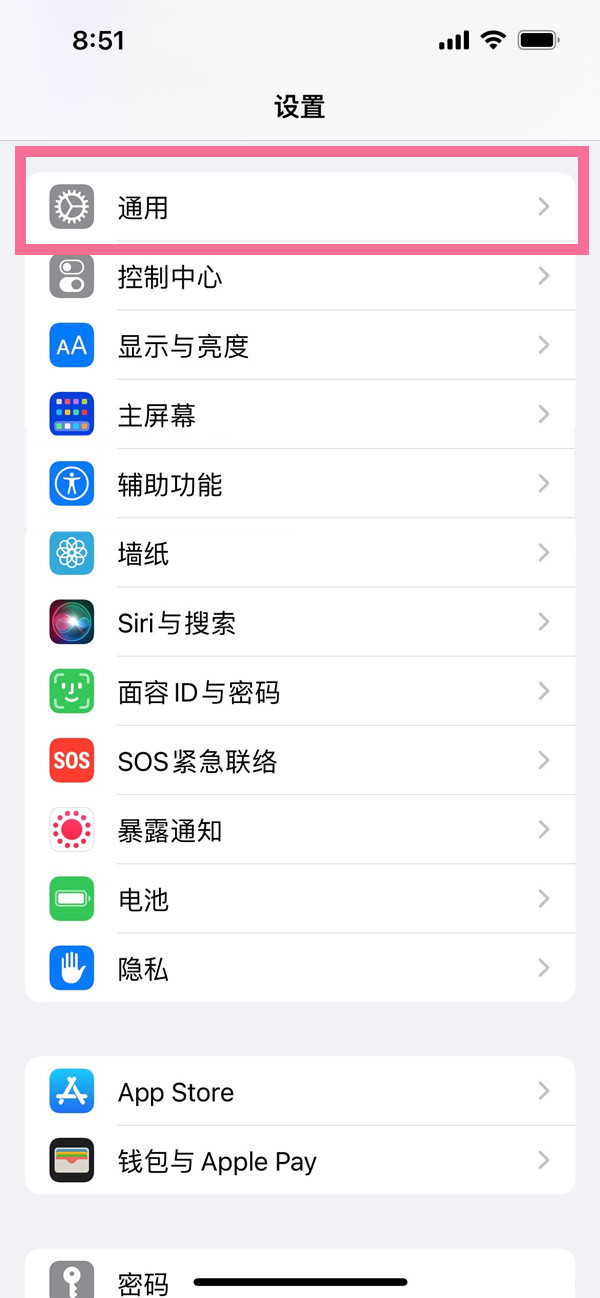


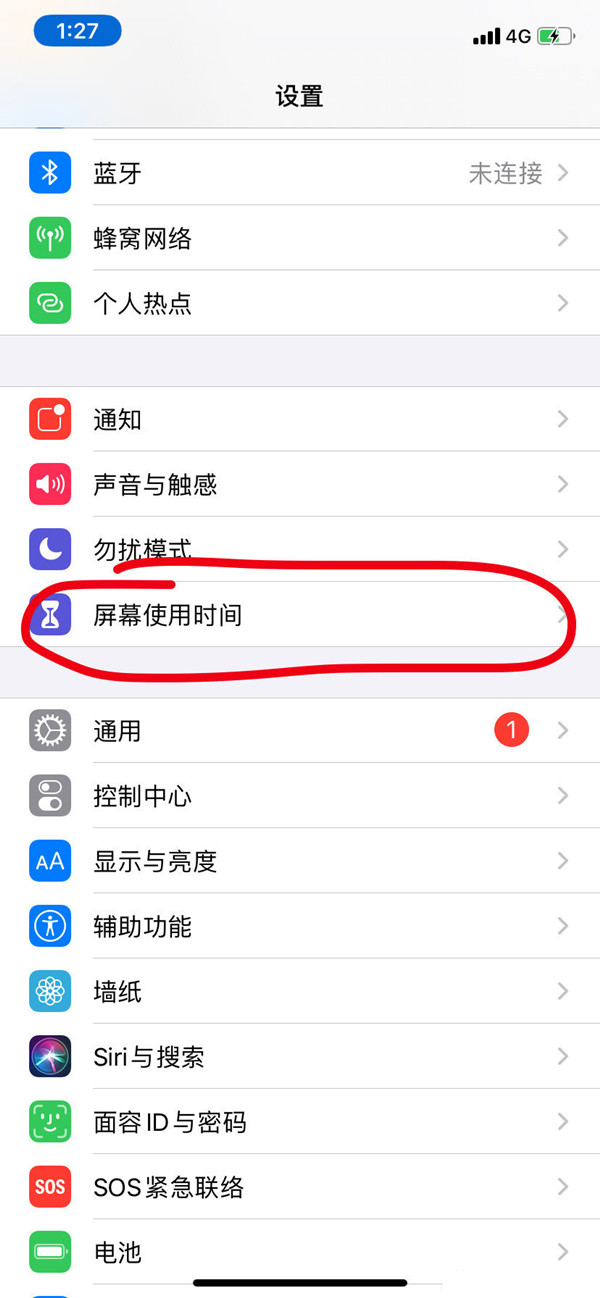
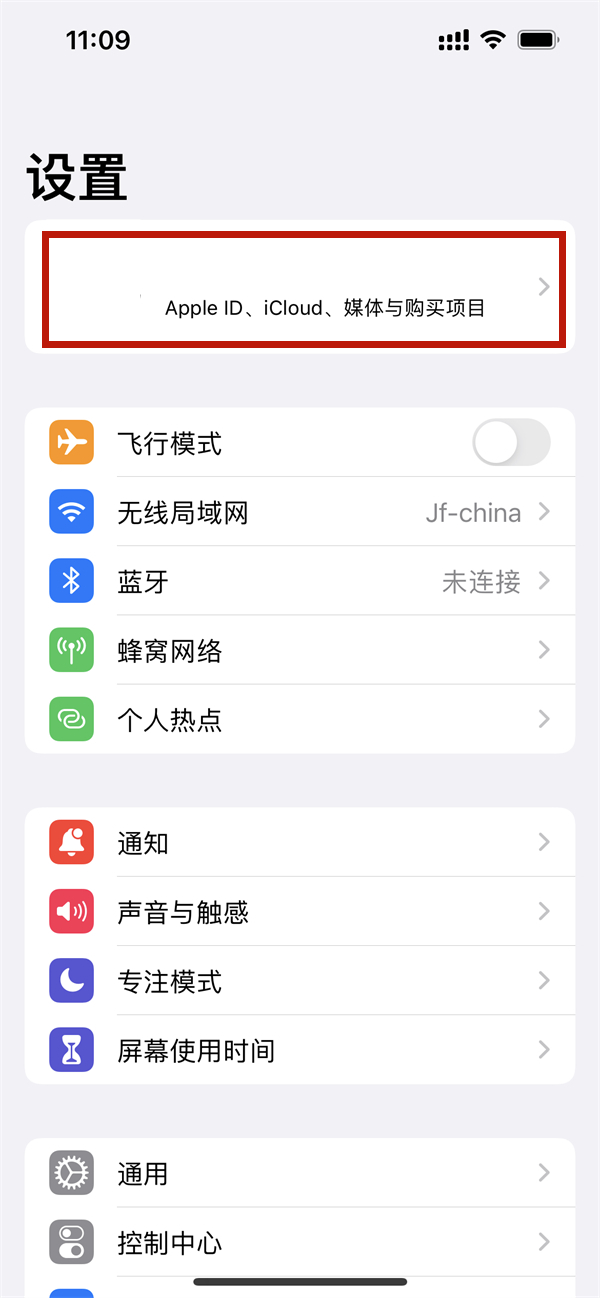
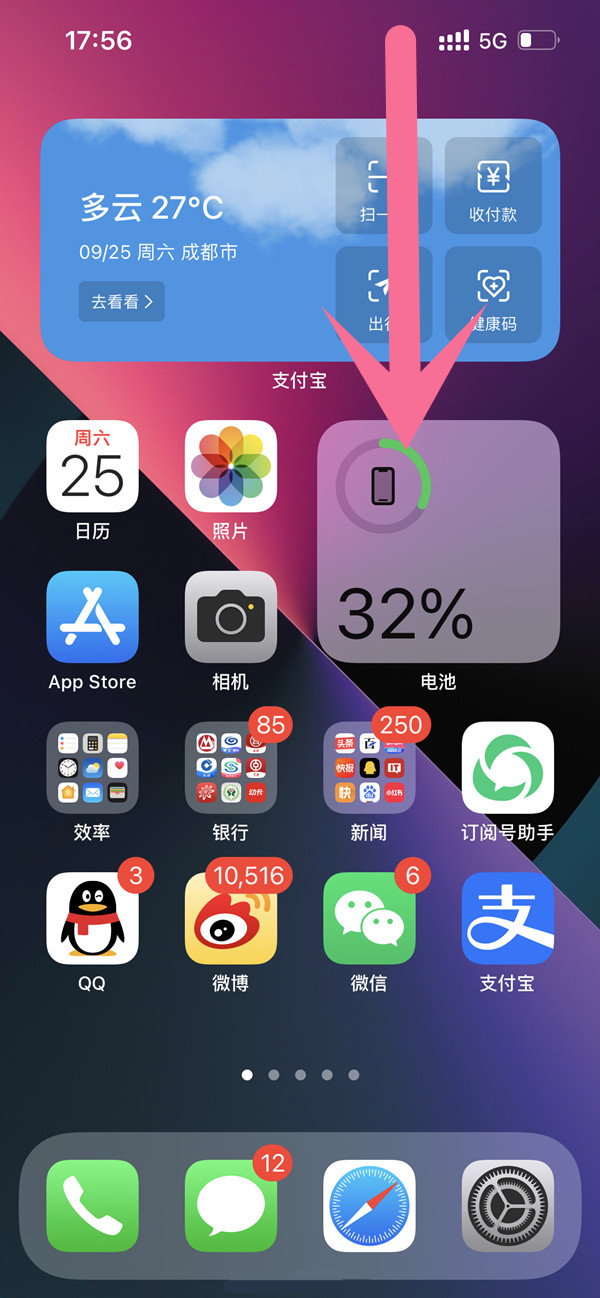
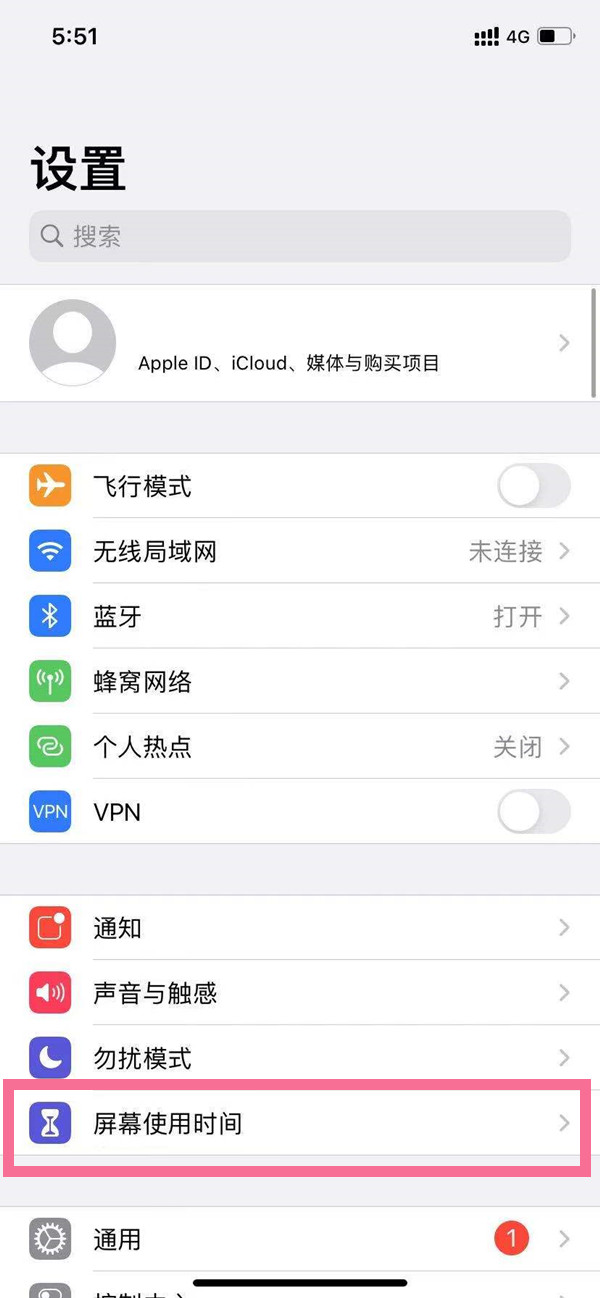
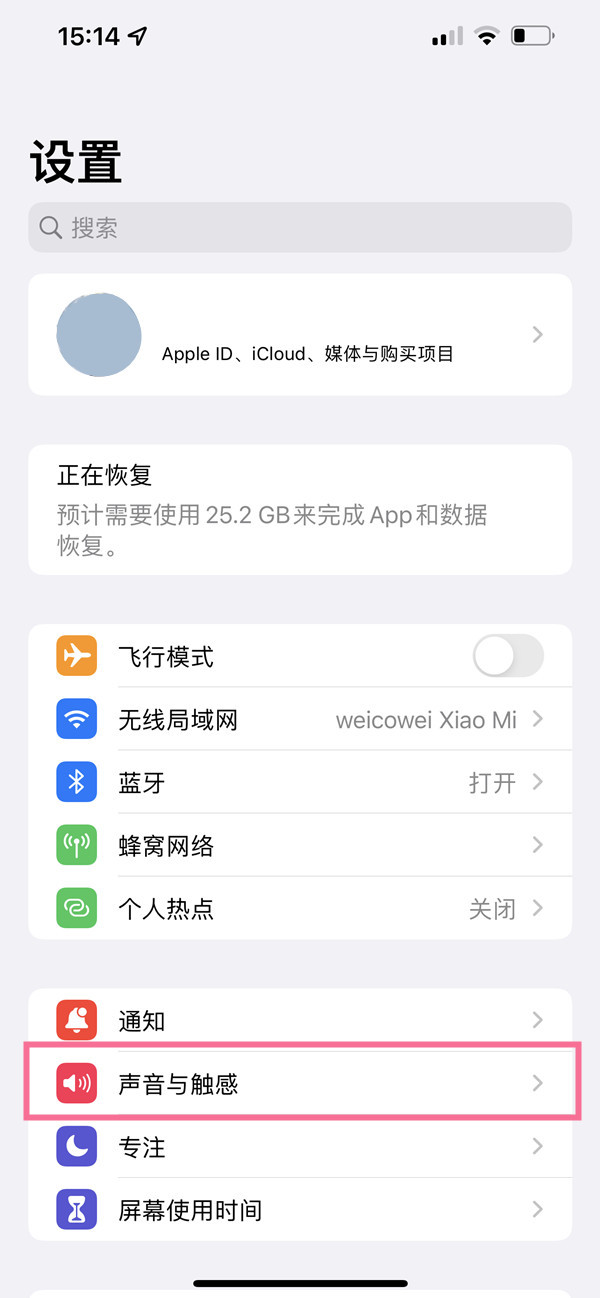
 营业执照公示信息
营业执照公示信息